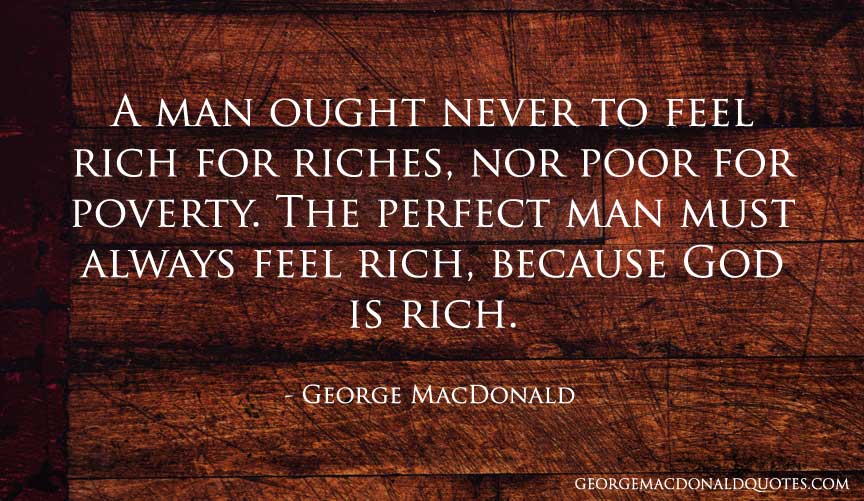[previous] [next]
 Download & Share
Download & Share
“There had always been a certain negative virtue in Mr. Drake, which only his friends were able to see, and only the wisest of them to set over against his display—this, namely, that he never attempted to gain credit for what he knew he had not. As he was not above show, I can not say he was safely above false show, for he who is capable of the one is still in danger of the other; but he was altogether above deception: that he scorned. If, in his time of plenty he liked men to be aware of his worldly facilities, he now, in the time of his poverty, preferred that men should be aware of the bonds in which he lived. His nature was simple, and loved to let in the daylight. Concealment was altogether alien to him. From morning to night anxious, he could not bear to be supposed of easy heart. Some men think poverty such a shame that they would rather be judged absolutely mean than confess it. Mr. Drake’s openness may have sprung from too great a desire for sympathy; or from a diseased honesty—I can not tell; I will freely allow that if his faith had been as a grain of mustard seed, he would not have been so haunted with a sense of his poverty, as to be morbidly anxious to confess it. He would have known that his affairs were in high charge: and that, in the full flow of the fountain of prosperity, as well as in the scanty, gravelly driblets from the hard-wrought pump of poverty, the supply came all the same from under the throne of God, and he would not have felt poor. A man ought never to feel rich for riches, nor poor for poverty. The perfect man must always feel rich, because God is rich.”
– George MacDonald. From Paul Faber, Surgeon
[previous] [next]